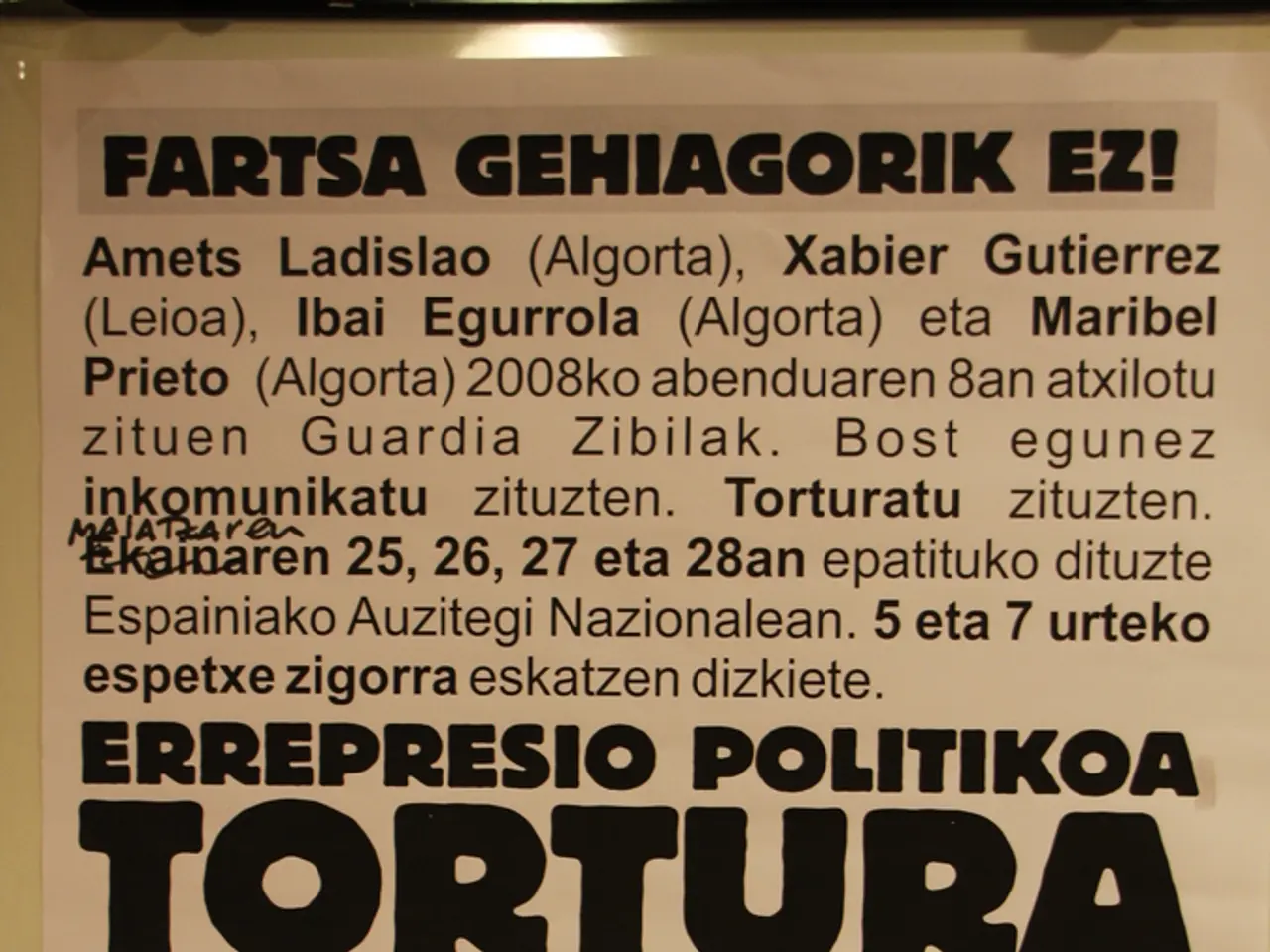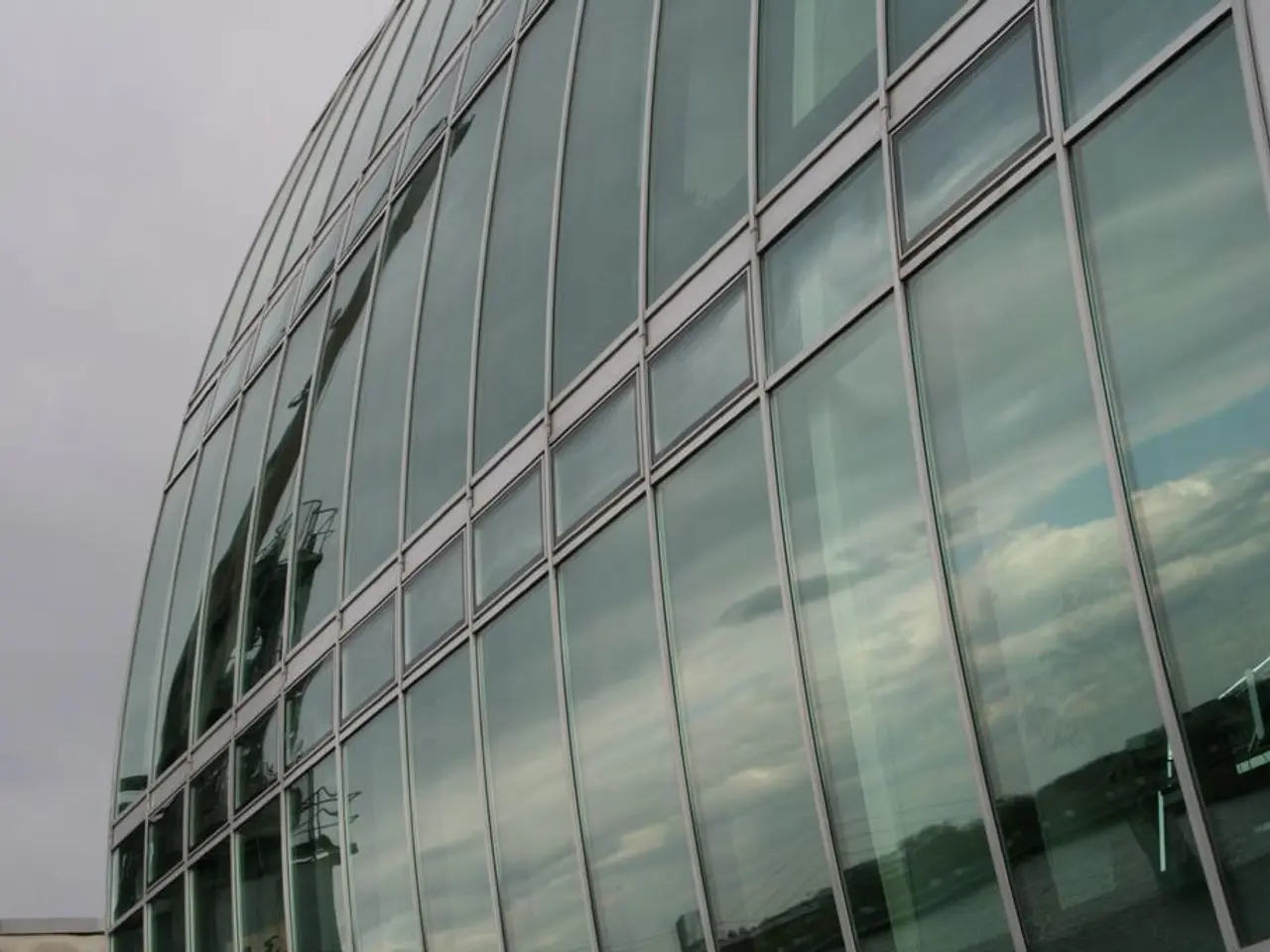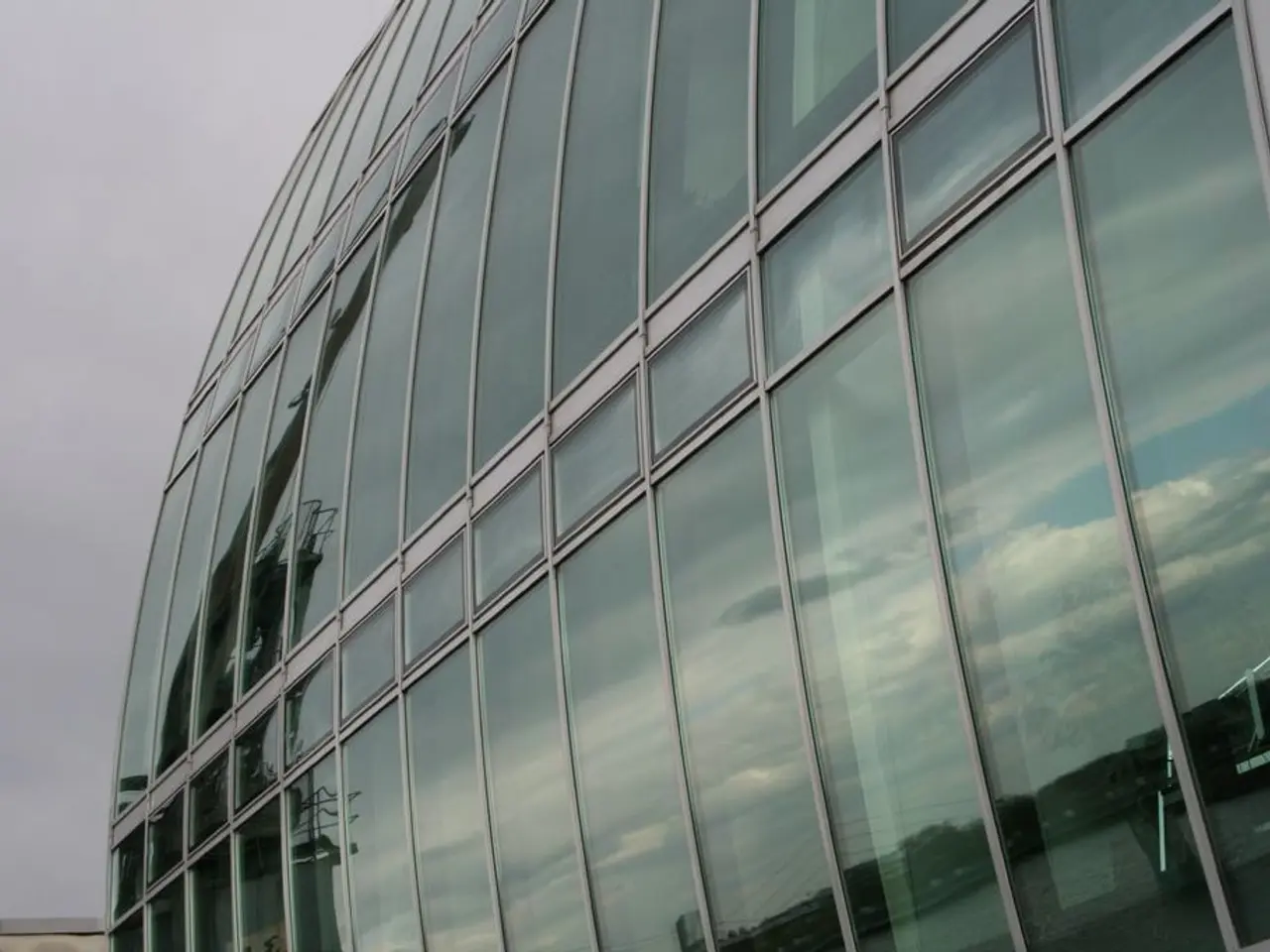Report summary: President Donald J. Trump discourses on perils to the USA instigated by the Brazilian government
The United States has imposed a 50% tariff on imports from Brazil, citing "unusual and extraordinary policies and actions" by the Brazilian government that threaten U.S. national security, foreign policy, and economic interests.
The move, announced on May 28, 2025, is part of President Trump's America First foreign policy strategy, which prioritizes the interests of America and its citizens first. The policy targets foreign nationals responsible for censorship of protected expression in the United States.
The tariff is a response to Brazil's recent actions that undermine free elections, restrict U.S. social media platforms, interfere in anti-corruption enforcement, and hinder U.S. market access in areas such as ethanol. Concerns about environmental issues, including illegal deforestation, are also cited.
The immediate trigger for the tariff was Brazil's judicial proceedings against former Brazilian President Jair Bolsonaro for his alleged role in attempting a coup after the 2022 election. President Trump has criticized these proceedings and linked them to the tariff imposition as part of a broader punitive trade policy.
The Executive Order, which declares a new national emergency using the President's authority under the International Emergency Economic Powers Act of 1977 (IEEPA), also revokes visas belonging to Justice de Moraes, his allies on the Court, and their immediate family members for their role in enabling human rights violations against Brazilians and free speech violations against Americans.
Justice de Moraes has been accused of jailing individuals without trial for social media posts, overseeing the criminal prosecution of a U.S. resident, and supporting criminal investigations into other U.S. persons for exposing his human rights violations and corruption.
The tariff is intended to safeguard U.S. interests, including free speech, protecting U.S. companies from unlawful censorship coercion, and holding human rights abusers accountable for their lawless behavior. The additional 40% tariff brings the total tariff amount to 50%.
Brazil has responded by invoking its Trade Reciprocity Law, signaling it would take reciprocal trade measures and reject the legitimacy of the U.S. tariffs, emphasizing the independence of its judicial system. The escalating trade tensions are rooted in political, judicial, and trade policy disputes, with particular focus on Brazil's recent judicial and regulatory actions perceived as harmful to U.S. interests and trade fairness.
This is not the first time President Trump has used tariffs to advance America's interests and address national security threats. In the past, he has used tariffs to protect the national security, foreign policy, and economy of the United States from foreign threats.
References: [1] ABC News, "Brazil responds to U.S. tariffs with threat of reciprocal measures," 29 May 2025, https://abcnews.go.com/Business/wireStory/brazil-responds-us-tariffs-threat-reciprocal-measures-77636855 [2] The New York Times, "U.S. Imposes Tariffs on Brazilian Imports," 28 May 2025, https://www.nytimes.com/2025/05/28/business/us-tariffs-brazil.html [3] The Washington Post, "Trump links Brazil tariffs to Bolsonaro's legal troubles," 28 May 2025, https://www.washingtonpost.com/business/2025/05/28/trump-links-brazil-tariffs-bolsonaros-legal-troubles/ [5] The Wall Street Journal, "U.S. Imposes 50% Tariff on Brazilian Imports," 28 May 2025, https://www.wsj.com/articles/u-s-imposes-50-tariff-on-brazilian-imports-11622371005
- The tariff imposed by the United States on Brazilian imports is part of a broader policy that prioritizes American interests, including business, finance, and foreign policy, as well as general news related to free speech, human rights, and trade fairness.
- The escalating trade tensions between the U.S. and Brazil have roots in political and judicial disputes, with implications for policy and legislation, especially those related to war-and-conflicts, national security, and election integrity.
- President Trump's decision to use tariffs as a tool for advancing American interests is reminiscent of past actions, demonstrating a strong stance on foreign policy and economics, while also affecting politics and international relations.




